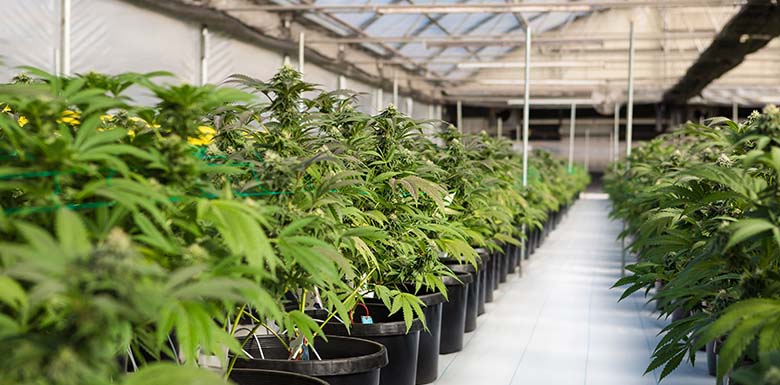June 30 marked a milestone for the marijuana business as Governor Gavin Newsom passed Assembly Bill 195, effectively killing the debilitating cultivation tax that has hindered the cannabis industry for years. While many have relished in the victory, lawmakers view this as a minor feat toward total tax reform as the illicit market still has a competitive advantage.
The California Cannabis Industry Association executive director, Lindsay Robinson, stated, “Eliminating the cultivation tax is just one step towards stabilizing our industry, but it’s an important one.” Despite the uphill battle many still face, eliminating the cultivation tax is still a glimmer of hope, given everything introduced in the tax restructuring package.
What is California’s Marijuana Cultivation Tax?
Cultivators have had to pay taxes based on the weight of marijuana they produce for years. Specifically, this tax forced marijuana cultivators to pay $161 per pound to distributors, a crushing burden to bear and a deterrent for many would-be entrants into the market.
Since instituting the tax, it has amassed significant revenue for the state—roughly $500 million. The toll for years has capped the industry’s potential and created an unsustainable tax structure.
However, cultivators feel some much-needed relief and motivation to continue pioneering the growing market with the new tax reform.
What is Assembly Bill 195?
Starting July 1, 2022, the cultivation tax is eliminated for harvested cannabis entering the commercial market, and distributors are no longer responsible for collecting the tax.
Cultivators should also know that any tax collected on harvested cannabis that entered the market on or after July 1 must be returned to the original cultivator. If unable to do so, the tax must be paid to the California Department of Tax and Fee Administration.
The Remaining Excise Tax
One thing that remains is the cannabis excise tax of 15%, which the bill prevents from increasing for the next three years. This raises much concern for supporters of the marijuana industry as they anticipate the tax increase. “We have three more years to fight that fight,” stated Amy Jenkins, a California Cannabis Industry Association lobbyist.
Furthermore, retailers are now responsible for collecting the excise tax instead of distributors, which begins on January 1, 2023.
What Additional Changes Were Outlined in AB 195?
The elimination of the marijuana cultivation tax wasn’t the only change of AB 195. The bill outlines other noteworthy provisions, including the following:
Labor Peace Agreements
The bill changes the labor peace agreement threshold from 20 employees to ten.
Benefits for Social Equity Cannabis Business
Although many view the bill as only benefiting the growers, equity licensees will now retain 20% of excise taxes collected and be eligible for a $10,000 tax credit.
$40 Million in Tax Credits
$40 million in tax credits will come out of AB 195. Qualified storefront retail and micro businesses and cannabis equity operators will receive $20 million each. Other eligible companies can claim $250,000 in tax credits for qualified expenditures.
Economic Impact Study
An economic study is part of the bill’s provisions to measure the impact of tax reform on tax revenues.
Delivery Data Required
Beginning in 2023, retail delivery drivers must enter data into the Marijuana Enforcement Tracking Reporting Compliance (Metrc) to track products.
Enforcement of Unlicensed Cannabis Activities
To crackdown on the illicit market, those involved in unlicensed activities could face civil penalties of up to $10,000 per day for each violation. Unlicensed cultivators could also face civil action for unlawful water pollution or unauthorized water diversions.
Let McElfresh Law Represent Your Rights
McElfresh Law has helped countless individuals navigate the murky waters of the legal marijuana business in California. Attorney Jessica McElfresh is dedicated to helping you realize your business goals and giving you the support you need when you need it.
Call McElfresh Law today to retain a lawyer well-versed in California legal statutes and one who has blazed the trail in Cannabis business law. Contact us at 858-756-7107.
